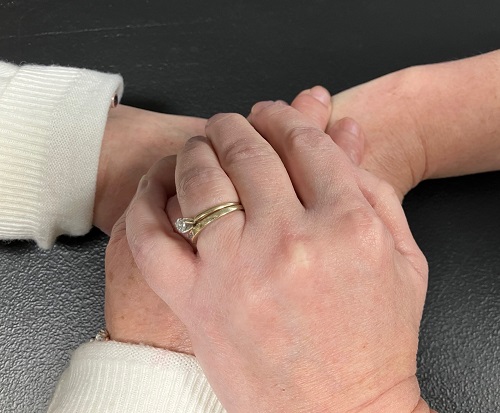Misery Loves Company
 When we feel bad, knowing other people share our feelings encourages us. Misery loves company.
When we feel bad, knowing other people share our feelings encourages us. Misery loves company.
To have friends or family tell us they have experienced our troubles helps us feel better. If they go through their problems the same time as ours, we support one another.
Misery loves company means we hate to suffer alone.
Mutual pain makes our pain easier to bear.
Misery loves company sometimes comes from a mean motive.
- If we hurt, we want others to hurt.
- If we feel down in the dumps, we want everyone down in the dumps too.
- If we fail, we want the world to fail.
We think everyone should feel as bad as we do.
Other times, our motives remain pure.
We don’t want others to suffer. Yet, it helps to know we are not alone. Having someone who understands from experience makes a big difference. We:
- Trust them
- Feel comfortable with them
- Cry with them
- Laugh with them
- Pray for better days ahead
Friends help friends in good times and bad.
In all life’s ups and downs, we remain there for one another. I appreciate the prayers and love so many of you have expressed in recent years.
“It was good of you to share in my troubles” (Philippians 4:14 NIV).
Thanks to Janna Babak for the suggestion.
Do you have an expression you want explained or a thought about this one? If so, please comment below.
Subscribe to receive my weekly posts by email and receive a free copy of “Words of Hope for Days that Hurt.”
If you enjoyed this post, please share it with your friends.

 I recently had to bite the bullet. In one week, I made two major house repairs and replaced the brakes on my car. I was out of town when the brakes stopped working.
I recently had to bite the bullet. In one week, I made two major house repairs and replaced the brakes on my car. I was out of town when the brakes stopped working. Years ago, people treated many medical emergencies at home. One common remedy was to pour or rub salt in a wound. That solution often caused more pain than the original problem.
Years ago, people treated many medical emergencies at home. One common remedy was to pour or rub salt in a wound. That solution often caused more pain than the original problem.